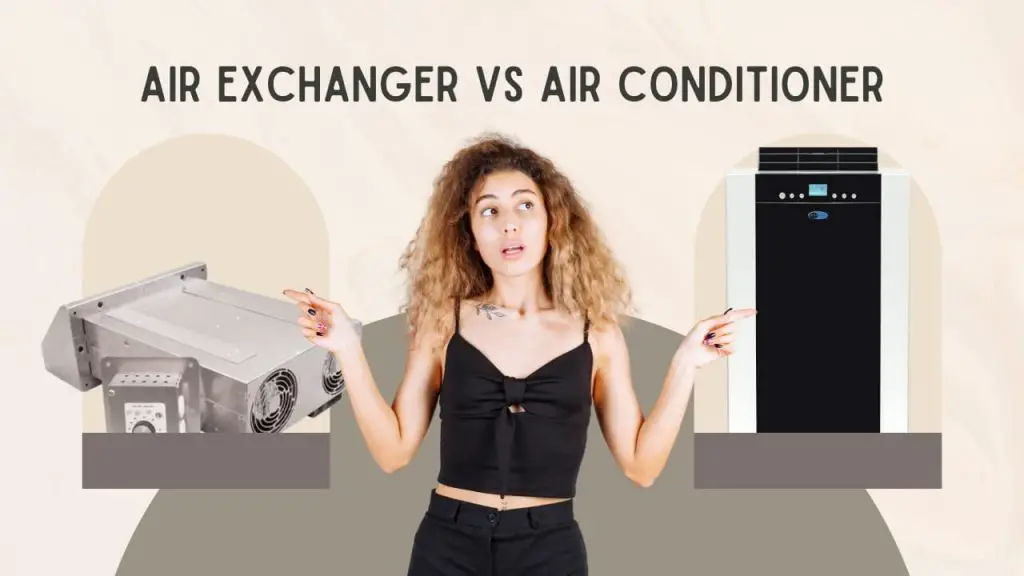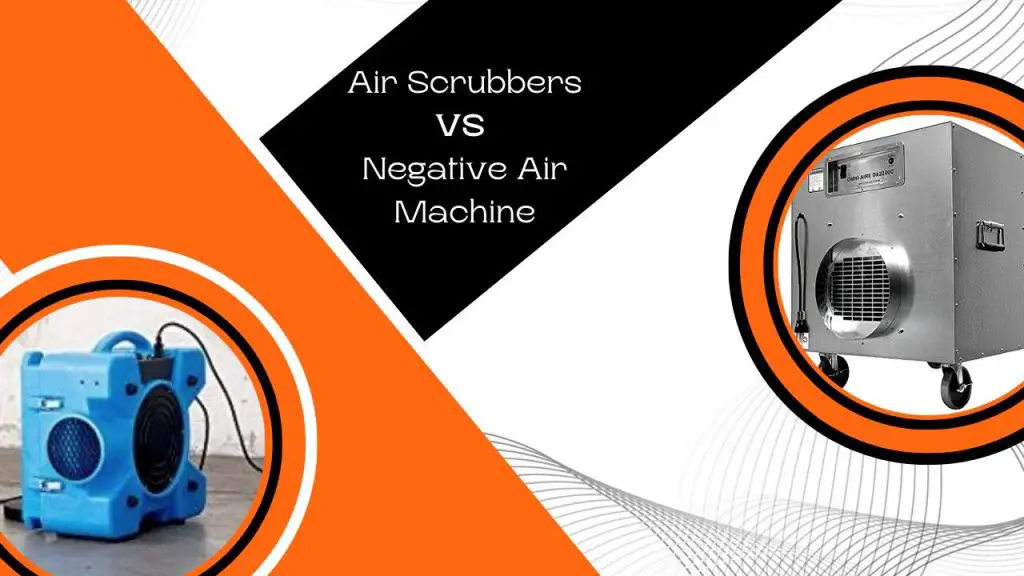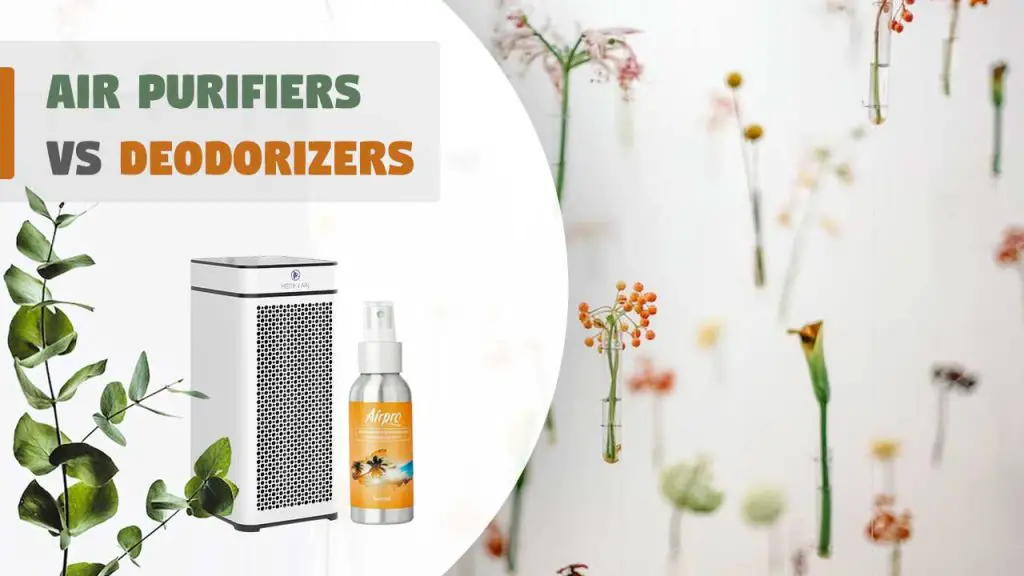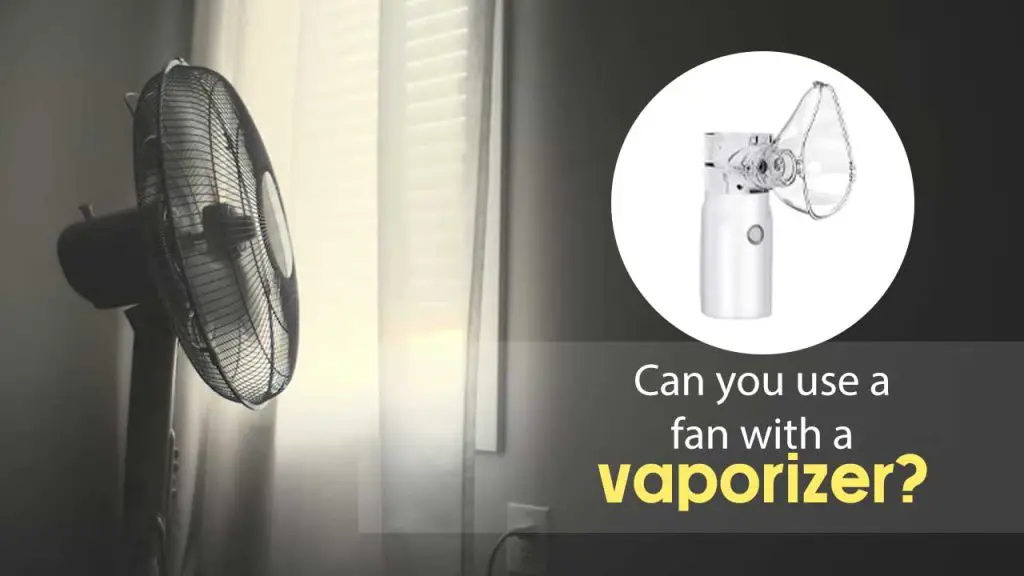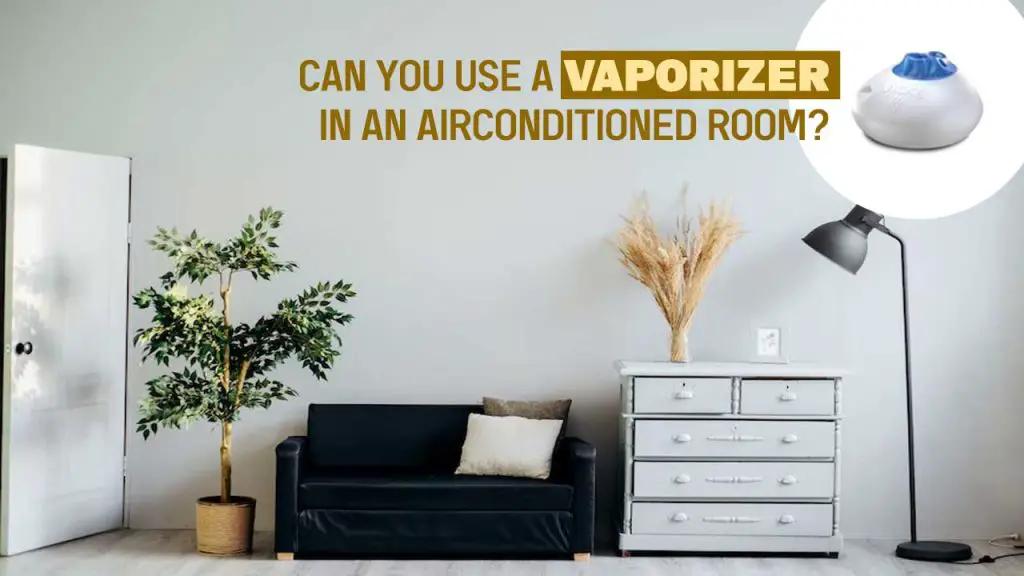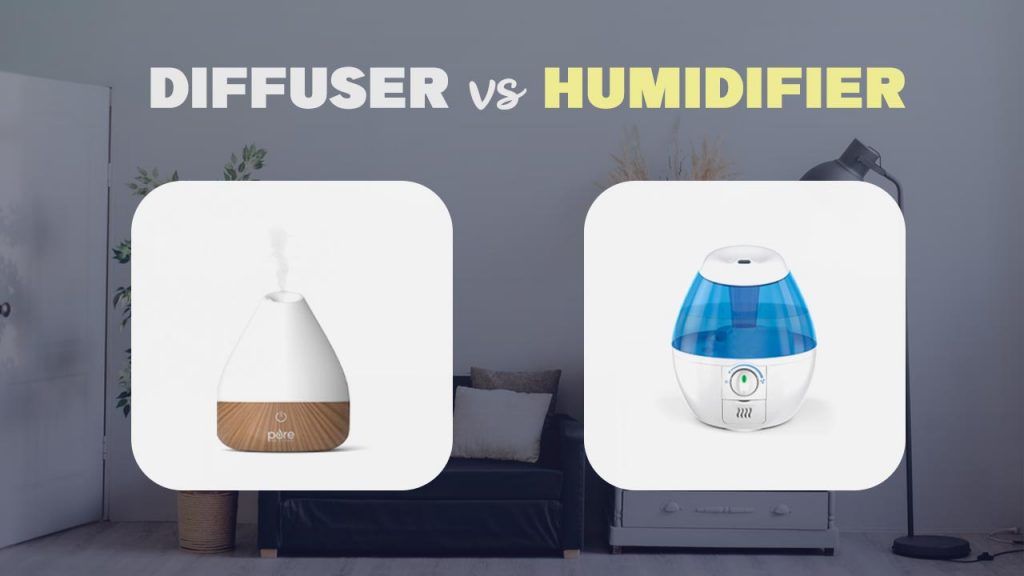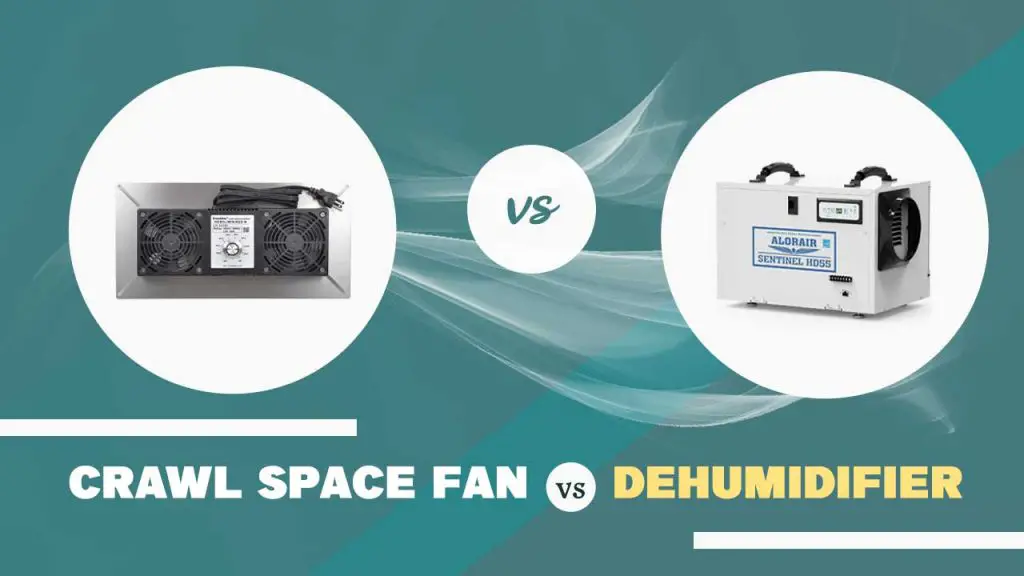A lot has changed since Skaats Wheeler invented the first electric fan in 1882. The world has moved and evolved since then, and HVAC systems have not lagged behind.
There’s hardly anyone that can function optimally in very difficult climatic conditions, whether at home or at the office. Cold, heat, humidity and pollution are some of the major problems we encounter when dealing with indoor air.
When the air is in a bad state- too hot, too cold, too humid or dry, or even contaminated, we feel a natural uneasiness that makes it difficult for us to stay indoors.
In fact, some cases may lead to allergies and diseases. To tackle heat and cold, primarily, we install air conditioners and heat pumps. Air exchangers, on the other hand, are a different kind of appliance that promotes ventilation.
In case you’re asking, which is better between the two and which of them you should deploy for your air troubles, there are a few details you need to understand.
In this post, we’ll answer all the questions you have and provide useful information on how to use these devices to provide much-needed value.
Does An Air Exchanger Cool the House?
If you’re asking whether air exchanger by itself is a cooling device, then the answer is No. However, air exchangers can produce some cooling effect by replacing warmer, humid and stale indoor air with fresher outdoor air, especially in winter.
If you live in a modern home that lacks openings for ventilation, chances are that there’s no way for the heat and warm steam produced in the kitchen and by the heater to leave the house.
By letting this air out through an air exchanger and letting outdoor air in, you may just be cooling your home to some degree.
Also, good air exchangers tend to remove humidity and heat from outdoor air before it enters your home. This continuous cycling of air will eventually lead to a feeling of cooler, fresher room air.
However, this is largely dependent on indoor and outdoor temperature and relative humidity. If outdoor climate is cooler and less humid than indoor climate, an air exchanger can be a good source of cooling.
But if the reverse is the case, you may just be causing more problems for your home.
Air Exchanger Vs Air Conditioner
While air conditioners remained the appliance of choice in many homes and offices for many years to provide cooling and adequate air conditioning, recent developments in home design have caused a slight shift in the industry with many questioning if air conditioners are all that important, after all.
Truth is, air exchangers may try, but they cannot exactly perform the functions of air conditioners, especially in very hot regions of the world.
In some other parts, air exchangers may just be all that is needed to make indoor air move comfortable and breathable. But how exactly do both compare against each other?
1. Cost
This is one of the first things anyone who desires an HVAC system thinks about. In terms of price, the air exchanger and air conditioner are not so far apart. It all depends on the capacity, size and brand of the unit.
An average exchanger will cost between $500 and $1,300 while a window AC unit goes for just about the same range. Split AC units, however, Cost a bit more- between $1,100 and $1,900.
2. Maintenance
Due to its many components and complex mechanism, an air conditioner often requires a lot of attention.
Parts such as the condensing unit, fans, evaporator, thermal expansion valve and compressor are prone to damage after some time if not properly maintained.
As a result, the AC unit attracts a lot more maintenance cost than an air exchanger, which may only require fan or filter replacement after a few years.
3. Lifespan
When it comes to lifespan, air exchangers have an edge. A typical standard combustion indoor unit will last for 20 to 25 years. On the other hand, an AC unit will typically last 10 to 15 years, and maybe slightly more under the best conditions.
4. Energy Cost
In fact, energy cost and efficiency are one reason anyone may decide against installing an air conditioner. Running an air conditioner for long hours will attract huge energy bills over time.
The situation is 50% to 75% better when you use an HRV or ERV. While it’ll cost between $0.25 and $3 to run an air conditioner per hour, depending on the size and capacity, a typical air exchanger runs on about 70 Watts of electricity, which will amount to 0.07 kilowatts and less than 7 cents on average.
5. Mode of Operation
An air conditioner pulls in indoor air and passes it through a process that allows warm air to be expelled out of the house while cooler air is released back into the room.
An air exchanger, on the other hand, carries out a complete exchange. It removes indoor air and replaces it with fresher outdoor air.
6. Cooling Power
The cooling power of an air conditioner is superior because it actually has a cooling mechanism that causes condensation. The air exchanger does not possess such cooling properties, except for the natural consequence of removing stale air and introducing fresher air.
7. Dehumidification Power
Both devices have some dehumidification effect. The AC releases cooler, drier air into the room and expels warmer humid air. In winter when some other times of the year, an air exchanger does the same thing.
Do You Need an Air Conditioner If You Have Air Exchanger?
Not necessarily. If you have an air conditioner, you may not need an air exchanger as this may shore up your energy bills. What you can do is turn off your AC occasionally and open up your windows for proper ventilation.
But if you have an air exchanger and you require some cooling, you may have to purchase an air conditioner if an electric fan doesn’t suffice.
However, you need to take care when using both air conditioner and air exchanger. Running them together at the same time may reduce efficiency and spike energy bills.
If you’re going to open up your doors or windows at least once daily, you can turn off your air exchanger while running just the air conditioner.
When do you need only air exchanger OR only Air conditioner OR Both?
If all you need is ventilation and a reasonable degree of dehumidification, only an air exchanger should do the job and provide some cooling effect as well.
But if you need ventilation and cooling, you may have to run both for a few hours together or take turns. Run the air exchanger for about 3 hours, then turn it off to run your air conditioner for 3 to 6 hours or more.
An air conditioner can work alone if you have sufficient ventilation at some point in the day or night.
Final Words:
It’s pretty simple, really. Air conditioners and air exchangers may have some similarities, but they are not the same. The secret is to know what you want and get the best of it on the market.
Air conditioners are a very impressive appliance for cooling your home and making the air comfortable. With air exchangers, on the other hand, you’re getting natural, fresher air while exhausting stale indoor air out of your home.
| Photo | Title | Buy |
|---|---|---|

|
LEVOIT Air Purifier for Home & Bedroom - For Allergies and Pets Hair | Check Price On Amazon |

|
BREEZOME 60 OZ Quiet Dehumidifiers for Home, Dual-Semiconductor | Check Price On Amazon |
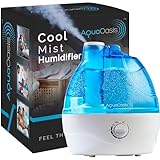
|
AquaOasis™ Cool Mist Quiet Ultrasonic Humidifier for Bedroom & Large room | Check Price On Amazon |

|
43.3'' Portable Air Conditioners, 3-IN-1 Evaporative Air Cooler w/Remote | Check Price On Amazon |

|
BlueDri BD-AS-550-BL Negative Machine Airbourne Cleaner HEPA Air Scrubber | Check Price On Amazon |

|
Space Heater, VCK 24" 12ft/s Fast Quiet Heating Portable Electric Heater | Check Price On Amazon |
